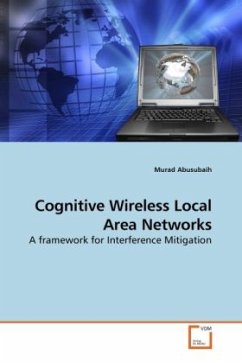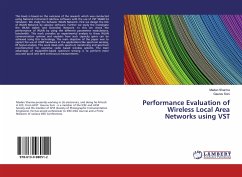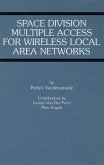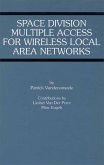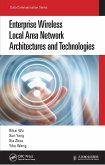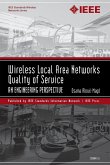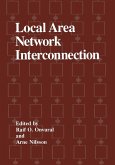Wireless Local Area Networks (WLANs) are being extensively deployed. It was not difficult for this technology to penetrate our homes, universities, and public areas. When the WLAN was first developed in 1990, it was not expected that this technology will be the preferred future access mechanism for large number of wireless users. Therefore, the designed protocols and policies need to be refined to meet the challenges the technology faces. Interference is the main problem that limits the performance of WLANs. It stems from the static configuration of today's WLANs and the limited number of channels the 802.11 standard supports. In this book, we aim at designing a Cognitive WLAN. We develop a framework for interference mitigation. A cognitive WLAN is a self-reconfigurable WLAN that is aware of the dynamical changes in the radio environment and users dynamics. It listens, learns, shares information and adapts its parameters dynamically as necessary. The focus of the book is on Access Point Selection, Interference Measurement, and Channel Access Coordination.
Bitte wählen Sie Ihr Anliegen aus.
Rechnungen
Retourenschein anfordern
Bestellstatus
Storno

